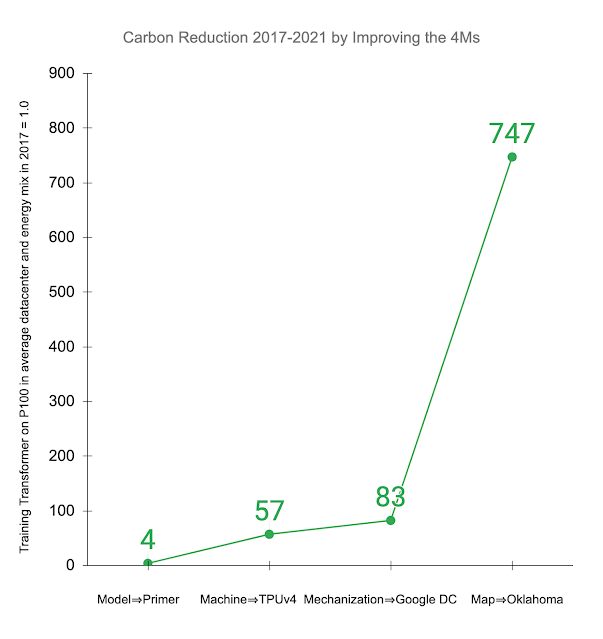
“There are many reasons you might want to move away from Google, especially in light of some of the recent policy changes regarding Workspaces. Depending on your exact reasons for leaving, there are more or less attractive alternatives to some of Google’s most popular apps. In particular, those can be divided into online web services that, similar to Google, give you access to services via an online account, and self-hosted options like NextCloud and/or apps that can be installed on your own infrastructure, or using instances of your own infrastructure on cloud hosting or web hosting services. These options are attractive for the fact that they allow you to control your own data and maintain the protection of your data. Migrating to these services can be quite easy, whether for email, file sharing, or other services. With these services, it all starts with your domain name.”
Source : How to leave Google apps behind






